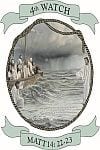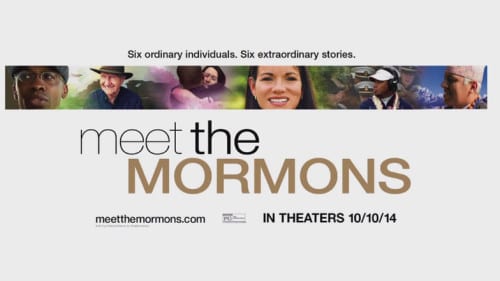Podcast: Download (36.8MB)
Subscribe: RSS
 Like all human begins we have our own personal preferences about everything in life. There are things, people, ideas and places that we may like and prefer that others dislike that have nothing to do with being prejudiced. When it comes to real prejudice we need to define what we are talking about.
Like all human begins we have our own personal preferences about everything in life. There are things, people, ideas and places that we may like and prefer that others dislike that have nothing to do with being prejudiced. When it comes to real prejudice we need to define what we are talking about.
In this podcast Brother Scarisbrick relates how our understanding of different times and cultural norms can change as we gain further light and knowledge.
As always the views and opinions expressed in the podcast may not reflect or represent those of the Church of Jesus Christ of Latter-day Saints or that of FairMormon.




